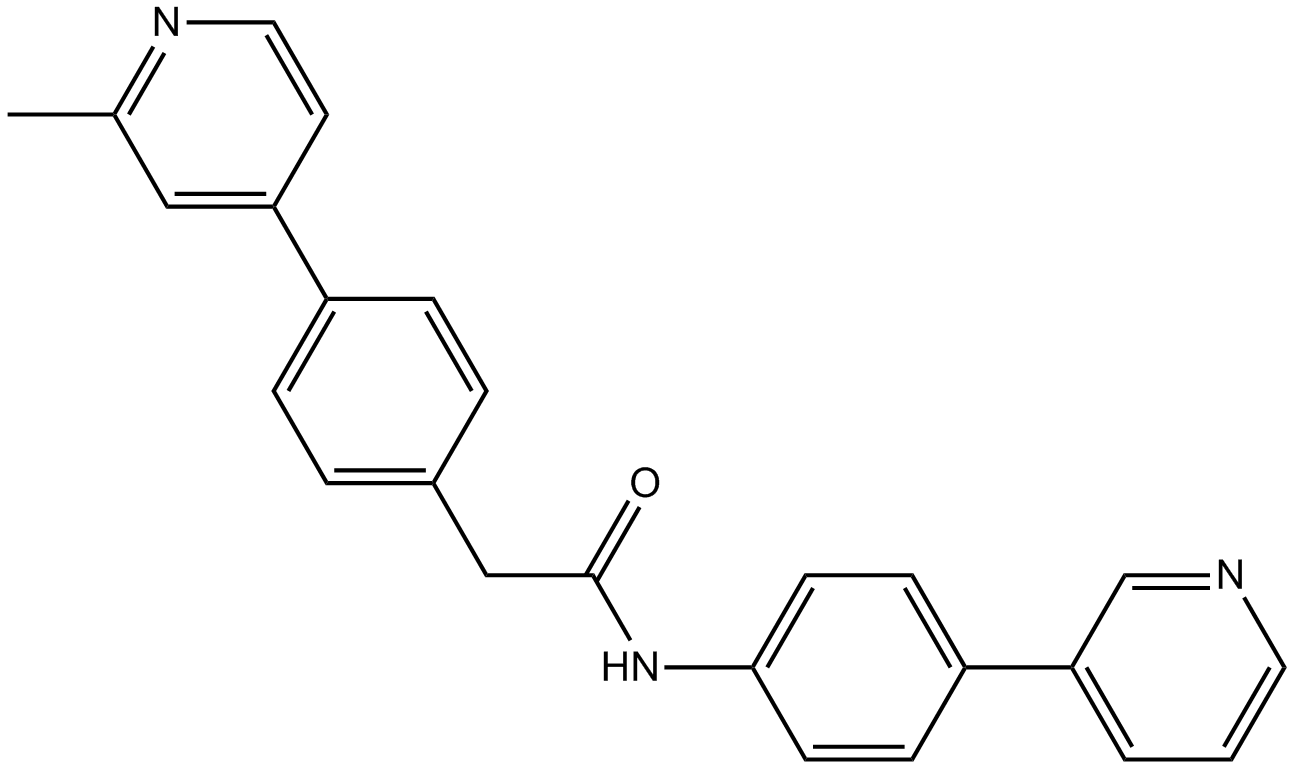Porcupine
Porcupine (Porc) protein may be involved in secretion or ER transport, as Wingless is retained in the ER in porcupine mutant Drosophila embryos. In C. elegans, the porcupine homolog mom-1 has a similar function in promoting secretion of the Wnt protein Mom-2. Porcupine has some homology to a family of o-acyl transferases and may be involved in lipid modification of Wnt proteins. A special form of monounsaturated palmitoylation has been detected on a serine residue in the Wnt protein and could be mediated by porc as well. The human Porcupine gene is implicated in a genetic disease, Focal dermal hypoplasia. Porcupine, encodes a multipass transmembrane ER protein, which is required for normal distribution of Wg in embryos. Porc stimulates the processing of Wg when expressed in Drosophila cells in vitro and is also necessary for the localization of Drosophila Wnt-3 on the axon tracts of the embryonic central nervous system.
Targets for Porcupine
Products for Porcupine
- Cat.No. Product Name Information
-
GC32877
GNF-6231
GNF-6231 is a potent, selective, and orally bioavailable Porcupine inhibitor that blocks Wnt signaling.
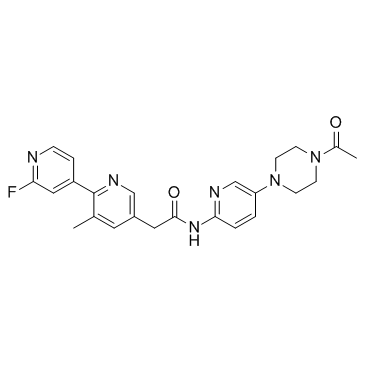
-
GC17708
IWP-L6
Porcupine inhibitor,highy potent
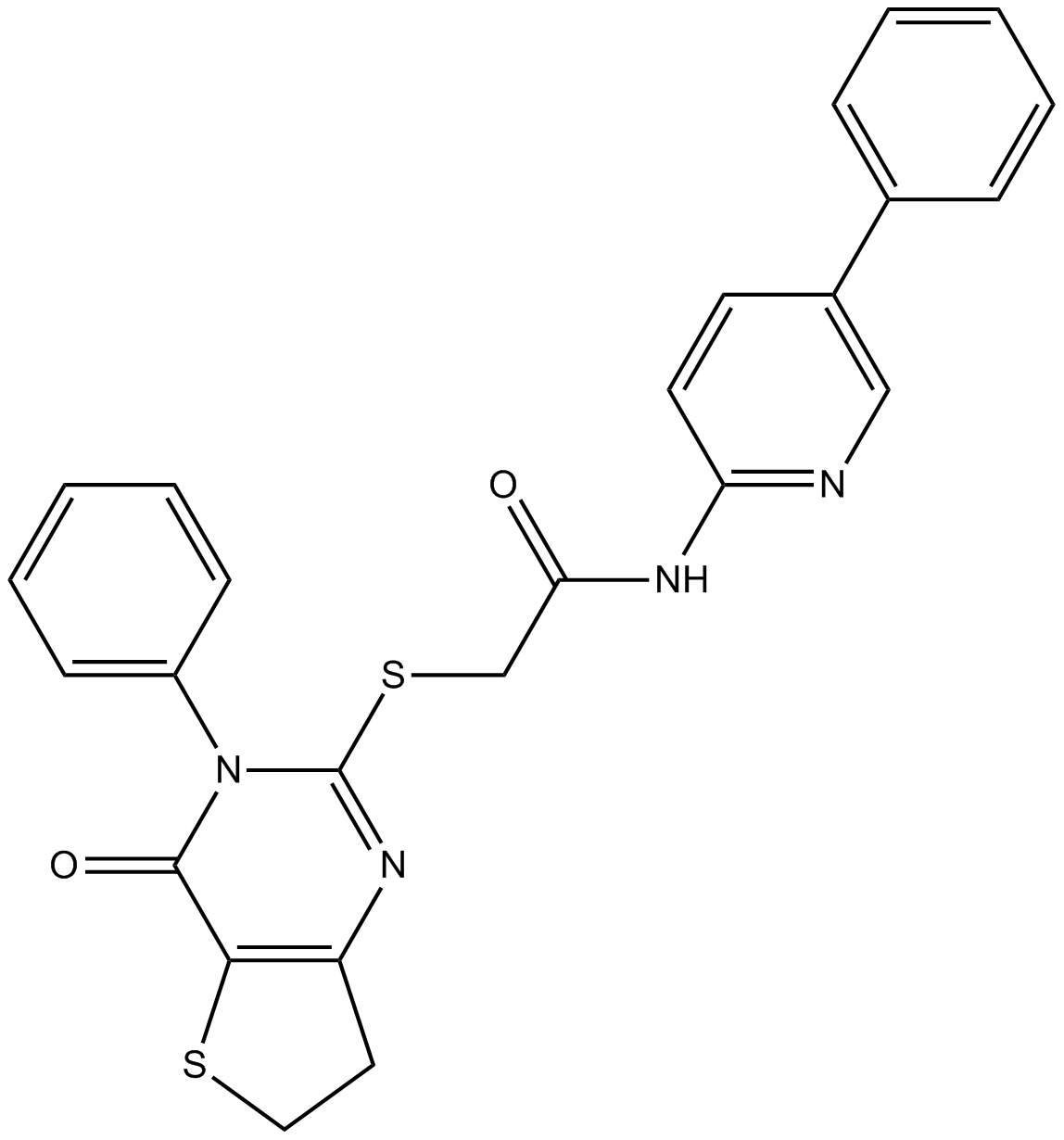
-
GC34628
IWP-O1
IWP-O1 is a highly potent Porcupine (Porcn) inhibitor, with an EC50 of 80 pM in L-Wnt-STF cells. IWP-O1 prevents the secretion of Wnt proteins. IWP-O1 suppresses the phosphorylation of Dvl2/3 and LRP6 in HeLa cells.
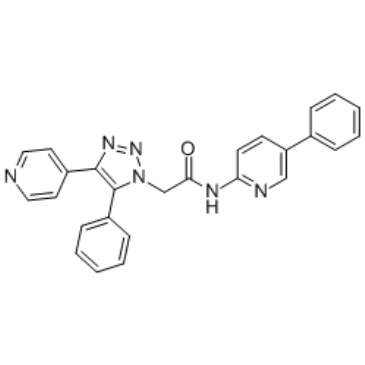
-
GC12392
LGK-974
PORCN inhibitor,potent and specific
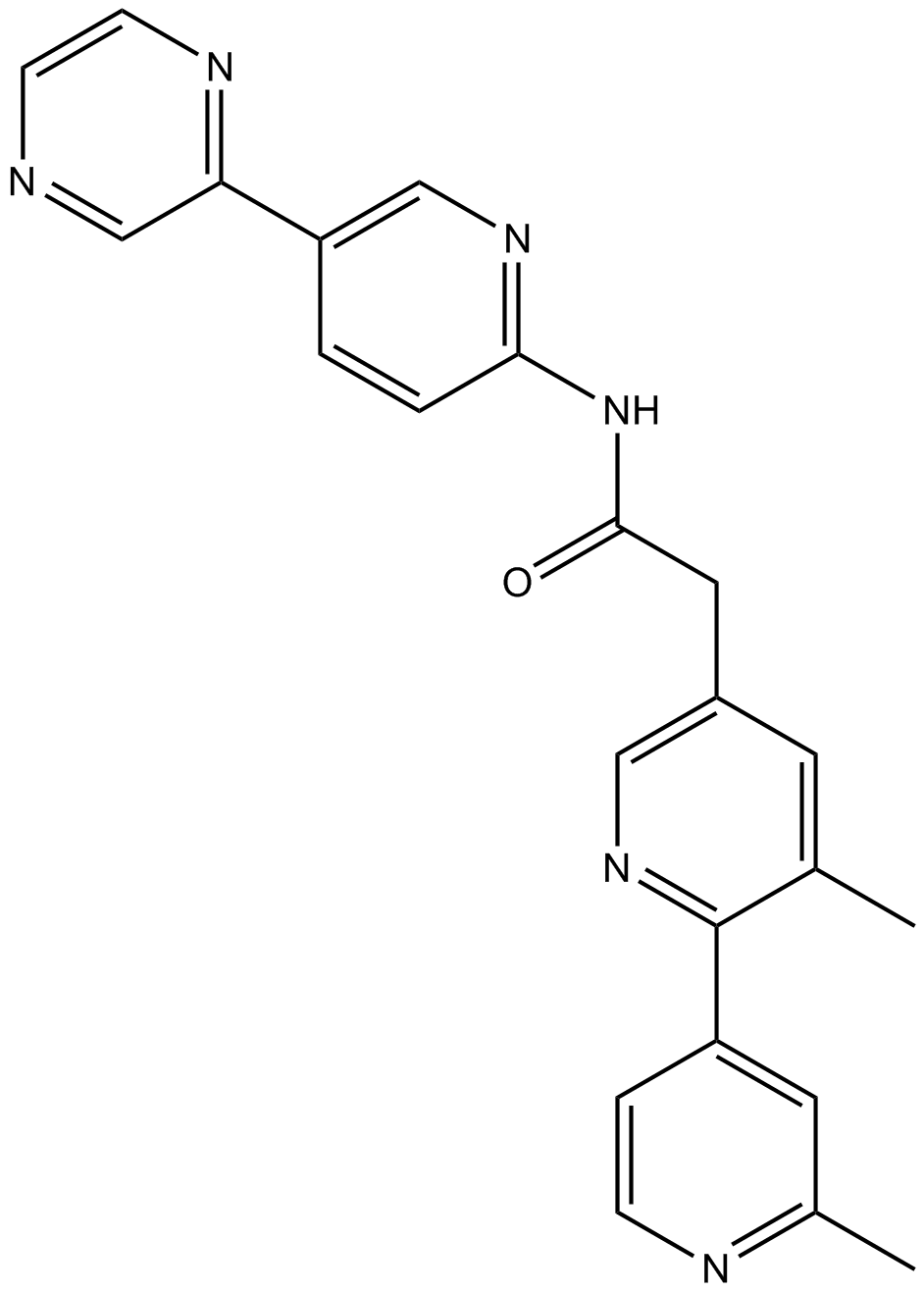
-
GC19299
Porcupine-IN-1
Porcupine-IN-1 is potent porcupine inhibitor with an IC50 of 0.5±0.2 nM.
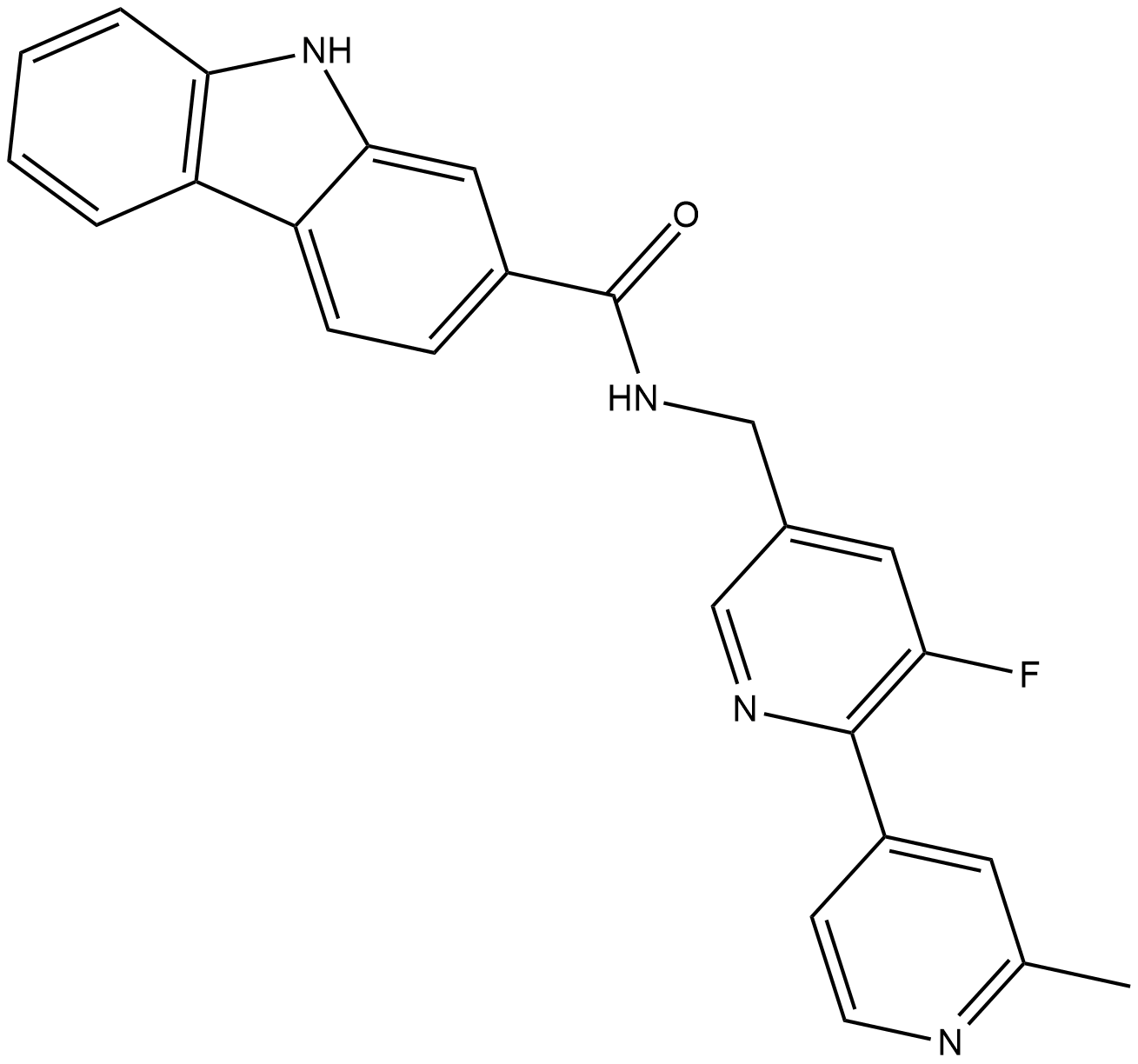
-
GC13658
Wnt-C59
PORCN inhibitor,highly potent and selective
